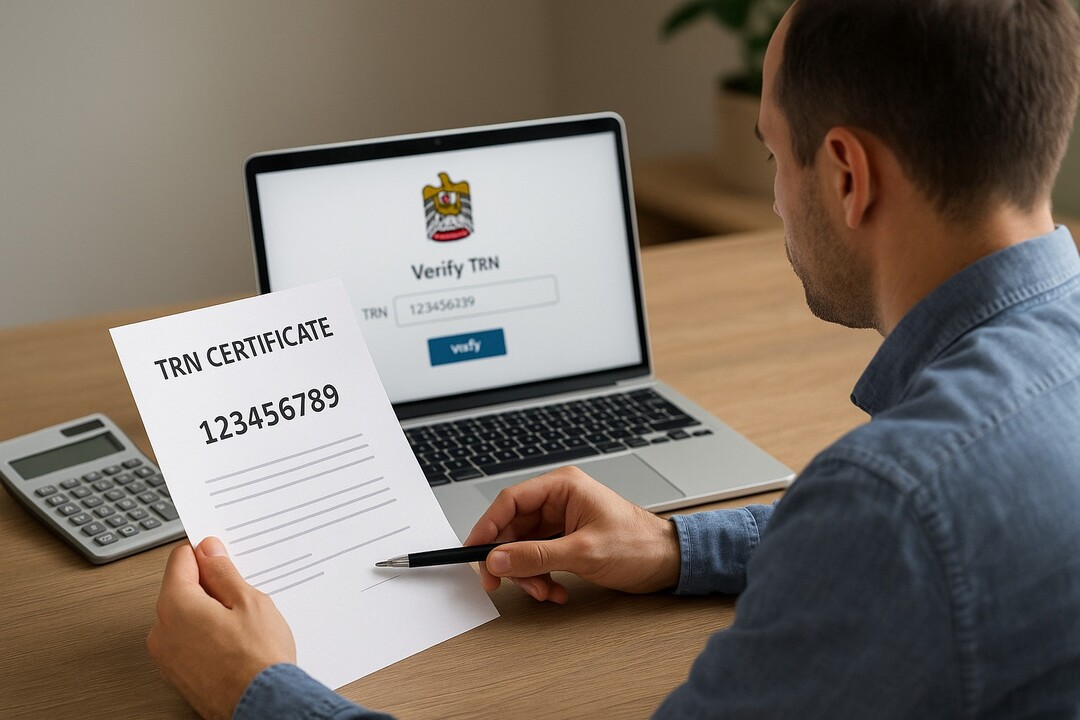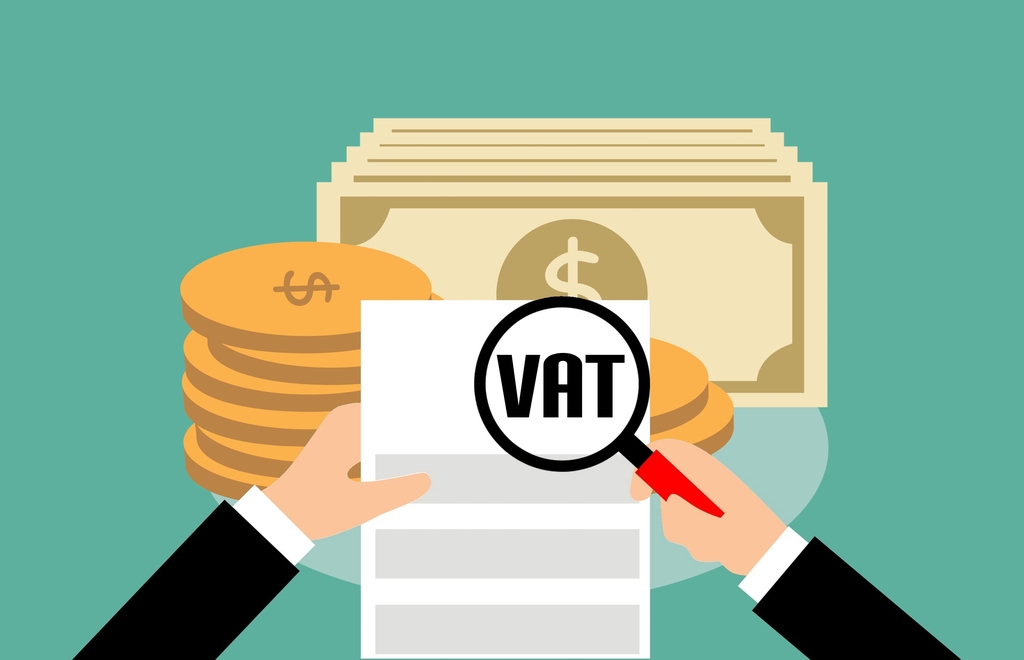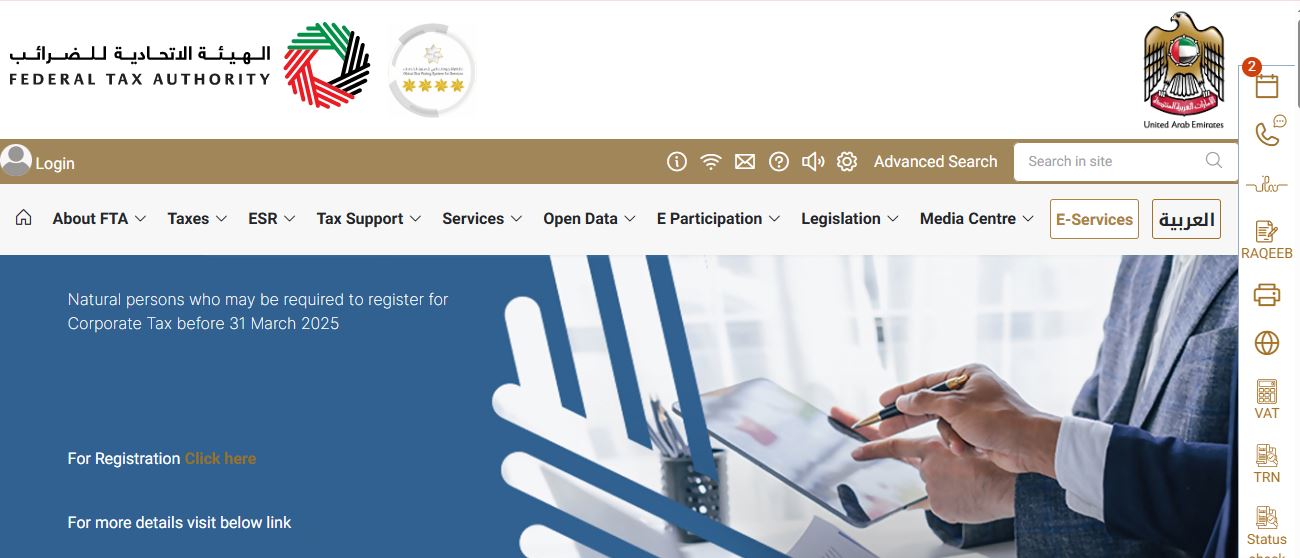Corporate tax was introduced in the UAE in 2023. According to the law, companies (both in free zones and on the mainland) whose financial year started on or after June 1, 2023, are required to pay corporate tax to the Federal Tax Authority (FTA). This has had a big effect on how businesses plan their financial years in the UAE.
The UAE follows international tax rules and standards set by the Organization for Economic Cooperation and Development (OECD). Because of this, it is very important for businesses to follow these rules carefully. One key step is completing your corporate tax UAE registration on time.
Registering for tax in the UAE officially recognizes your business with the tax authorities. It also gives you access to government services and benefits. Most importantly, it helps businesses stay compliant with the law and protects your reputation.
Understanding corporate tax registration in the UAE
Corporate tax is a type of tax that businesses in the UAE must pay on the profits they earn from their activities. It is also known as business income tax. This tax applies to most companies that have a trade license and are operating in the UAE. The amount of tax is calculated based on the net profit shown in the company’s financial statements.
However, certain adjustments may be made as per UAE tax rules. The standard corporate tax rate in the UAE is 9%, but it only applies to profits over AED 375,000. Any income below this amount is not taxed.
Also Read: VAT vs. Corporate Tax in the UAE: What Every Business Owner Needs to Know
Who must register for corporate tax in the UAE?
According to the UAE law, any person or business that is subject to corporate tax must register and get a Tax Registration Number (TRN). Failing to register for tax in UAE on time can result in a fine of AED 10,000. Here is who needs to complete corporate tax UAE registration:
Related: Understanding the Difference Between VAT Exemption Number and TRN in the UAE
Public Benefit Organizations (PBE)
Non-profit organizations, including those for science, charity, art, religion or culture, must also register if they meet the conditions. These are known as Qualifying Public Benefit Entities.
Individuals (Self-employed or Freelancers)
If you are working for yourself, own a small business or freelance under a valid trade license, and your yearly income is more than AED 1 million, you need to register. Even if you use your personal name for your work, you must still register for tax if your income crosses this amount.
Companies and legal entities
All businesses in the UAE- whether they are based on the mainland, in a free zone or even registered outside the UAE but doing business here must complete their tax registration in UAE. Free zone businesses may not have to pay the tax, but they still need to register for corporate tax.
Important documents needed for corporate tax registration in the UAE
The documents you need to submit for corporate tax registration in the UAE depend on whether you are registering as an individual or as a company.
For individuals (natural persons):
- Valid Trade License (if you have one): Your trade license must be active at the time of registration.
- Emirates ID or passport: A copy of your current and valid ID passport is required.
For companies (legal entities):
- Active Trade License: The company’s trade license must be up-to-date.
- Proof of authorization: Documents like a Power of Attorney, if needed, to show the authorized person has permission to register.
- Emirates ID or passport of the authorized person: This is the person who is allowed to act on behalf of the company.
Note: The Federal Tax Authority (FTA) accepts documents in PDF or Word format. Each file should be no larger than 5 MB.
Simple steps to register for corporate tax in the UAE
To help you navigate the process, here is a simplified corporate tax registration guide:
Sign in to EmaraTax
Go to the EmaraTax website and log in using your account details or UAE Pass. If you are a new user, sign up to create an account.
Add your business (Taxable person)
If no business is linked to your profile yet, add your company or entity as a “Taxable Person” to move forward.
Start your corporate tax application
Click on the “Corporate Tax” tab, then select “Register” to begin the corporate tax registration process.
Read and accept the rules
Carefully read the provided instructions. Tick the box to agree to the terms and continue.
Fill in company information
Select the correct type of business (individual or company) and enter the required details like your trade license number, registration number and company type.
Add business identity details
Enter your business name, legal name in both English and Arabic and license number.
Mention your business activities
Click on “Add Business Activities” and describe what your company does as listed in your trade license.
Add owner details (if needed)
If your business has owners with 25% or more ownership, add their details here.
Include brand info (if applicable)
If your business has branches, select “Yes” and provide details of each branch.
Enter Authorised signatory details
Add information for the person who is legally allowed to sign for the business, including their Emirates ID or passport and proof of authorization.
Review everything
Double-check all the information you have entered. Confirm everything is correct and tick the box for declaration.
Submit your application
Submit your completed application. The Federal Tax Authority (FTA) will review your details and issue a Tax Registration Number (TRN) if everything is approved.
This guide shows how to register corporate tax in the UAE efficiently and correctly. The process can take up to 20 working days or longer if additional details are required.
Conclusion
All businesses running in the UAE must complete their corporate tax UAE registration to remain compliant. Following the rules set by the Federal Tax Authority (FTA) helps companies stay compliant and avoid fines.
To ensure everything is done correctly and on time, it is a good idea to speak with experienced tax consultants who understand how to register corporate tax in UAE and can advise based on your business needs. This way, you can focus on running your business smoothly under the UAE’s new tax system.
Asad Abbas & Co. Chartered Accountants brings over 25 years of trusted experience in audit, tax advisory and accounting services across the UAE. Our team of qualified professionals ensures your business meets corporate tax registration requirements with compliance and accuracy. Get in touch with us today to make your corporate tax registration UAE process stress-free and fully compliant.





























